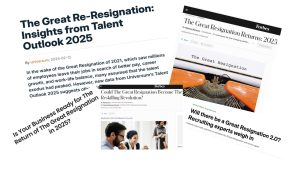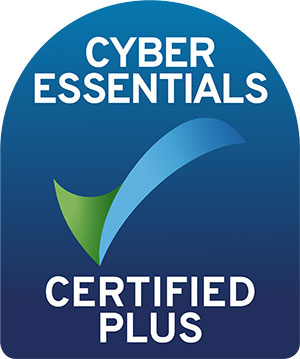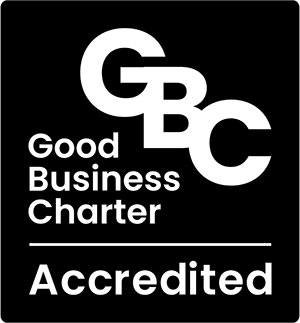The Next Great Resignation: Causes, Trends, and Solutions by h2h Lead Consultant Robbie Lightfoot
The term Great Resignation first reared its head back in 2021, off the back of the Covid pandemic, when millions of employees voluntarily made the decision to leave their jobs. There were numerous reasons behind the trend, but the key contributors were better pay, more fulfilling work, career prospects and work-life balance. Almost 4 years have passed now, but multiple sources in the marketplace are all suggesting that a Great Resignation part 2 may be upon us in 2025. In our latest blog post, h2h Lead Consultant Robbie Lightfoot discusses the cause, trends and solutions to the Next Great Resignation.
A recent study by LinkedIn and Microsoft which found that in 2025 even more people want to quit their jobs than did in 2021. The survey of 31,000 individuals across 31 countries has found that 46% of employees want to leave their jobs in the year ahead – more than the 40% in 2021. A further study undertaken by Universum identifies that 36% of highly skilled professionals in Europe are considering changing employers in 2025. Whilst various other sources are also indicating that those most likely to make the move are Millennials and Generation Z – the latter of which now make up over 27% of the workforce in the UK.

So, what is driving this? There are of course a number of causes and trends but some of these are quite different from the ones at play in 2021. They include:
- The trend for employers requiring the workforce to be based in their place of work rather than working remotely or flexibly
- A lack of investment and/or reduced offering around training and development
- Limited career advancement opportunities and pathways
- Compensation concerns and reduction in salary increases and accompanying benefits
- Shifting workplace priorities that are often out of balance with individual needs for flexibility and work-life balance.
If you consider the main motivation and engagement factors at work for many millennial and gen Z employees, then many of the above are high in priority. Given that these age groups are projected to make up roughly two-thirds of the workforce within the next few years (Deloitte) – what can be done to change the narrative and find a long -lasting solution?
UK based organisations are currently having to cope with the implications around minimum wage and NI contributions as well as changes to international tariffs. These are of course having a far-reaching impact on how business’s operate. However, you can try to monitor these trends and find solutions to improve retention and hold on to your employees if you can:
- Re-enforce and promote the flexible working policies that do exist to ensure employees and prospective ones are aware of them. Evaluate the impact of different approaches so that the ones that work best are retained and benchmark what you are doing against competitors in order to stay informed of marketplace trends.
- Develop line management capability and flexibility so leaders are agile and know how to get the best out of their teams. Provide clarity around flexible working and give managers some autonomy within their role to enact this as they know their people best.
- Invest in focused career development. Developing clear career pathways can help with this, as can dedicated upskilling and technical/leadership development programmes that have a clear alignment with on-the-job activity.
- Develop a creative and well promoted training and L & D offering. There are many different development approaches that can happen directly in the workplace and have limited upfront costs. These include mentoring schemes, shadowing, project opportunities, secondments and the use of subject matter experts.
- Promote the employee offer. Ensure current and potential employees are clear on what is on offer to them in terms of wellbeing, flexibility, development and career growth.
If this blog resonates with you and you would like to find out more about potential solutions to The Next Great Resignation. Then take a look at the following pages of our website and explore how you can encourage your employees to stay through developing your line management capability, career development toolkits and increased training and development opportunities or contact us at enquiries@h2h.uk.com for an informal conversation.

